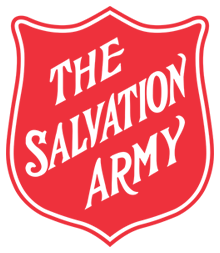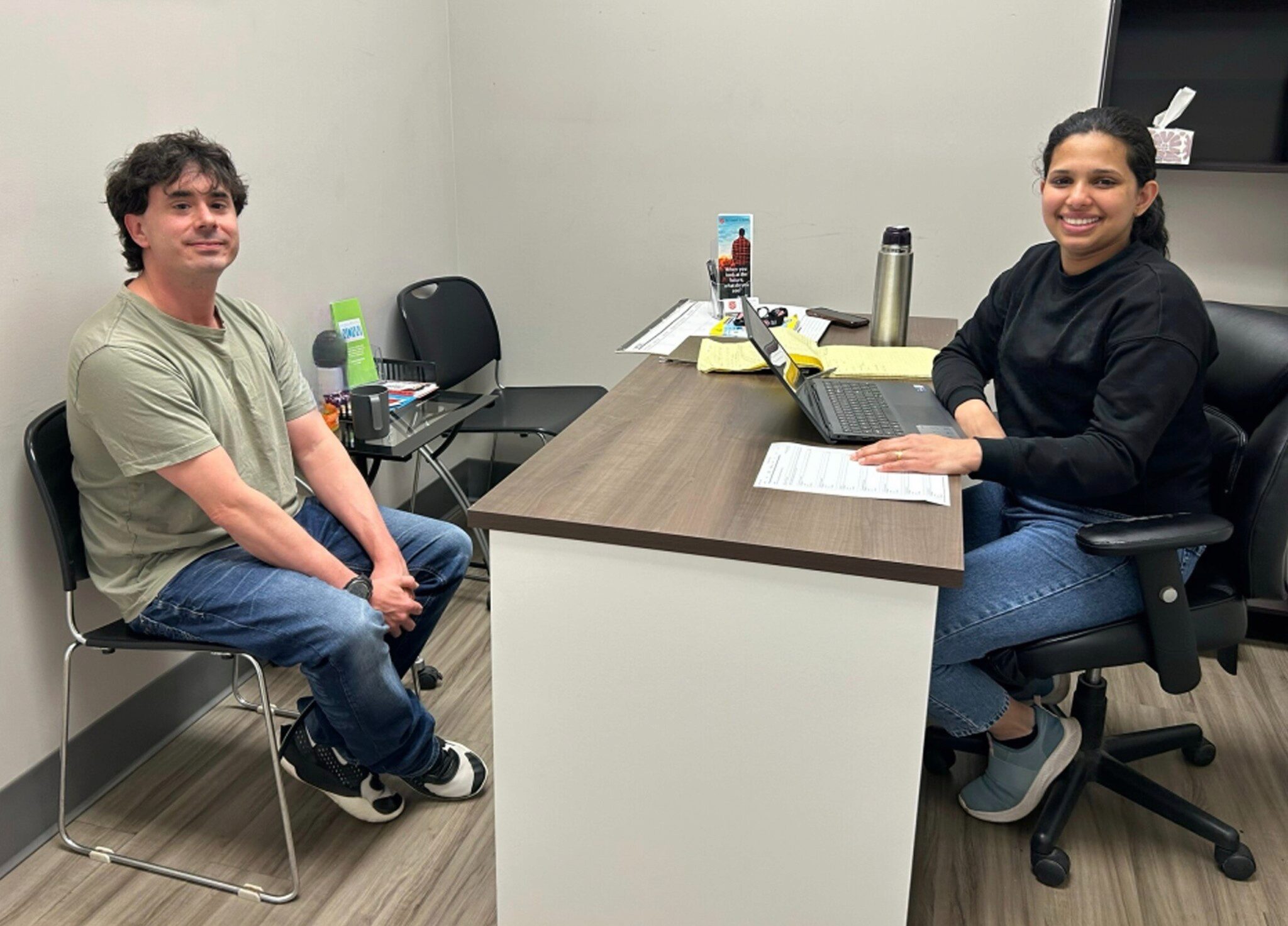When we first heard about Pathway of Hope, it immediately resonated with us. We were already striving to move beyond transactional ministry, meeting people’s basic needs was never the end goal. We wanted to walk alongside individuals in a way that was meaningful, personal, and transformational. POH offered a clear framework that aligned with our desire to dig deeper, address root issues, and empower people to set and reach their own goals. With its structured tools, spiritual care component, and emphasis on collaboration, we knew this initiative was the right next step for our Ministry Unit.
Our implementation process began with learning from others. We met with another Ministry Unit that had already launched POH and gained valuable insights from their experience. We also connected with the POH Territorial Specialist to understand the full scope of the commitment required. Through prayer and planning, we completed the POH Preparation Package, which helped us evaluate our capacity, staffing, and community connections. With THQ’s support, we felt confident that we had what we needed to move forward.
We made POH a top priority. We formed our internal team, designated a caseworker, completed all the necessary training, and spent time building relationships with key partners in our community. From there, we began identifying potential participants and fully integrated POH into our day-to-day mission.
The impact has been significant. Pathway of Hope has enabled us to walk more intentionally with people over time, providing holistic, client-centered support. The assessment tools have been especially helpful, giving us and our participants a shared way to track growth, identify strengths and challenges, and celebrate progress. We’ve seen individuals become more hopeful, more confident, and more motivated to make lasting changes in their lives.
In our community, POH has shifted the way people engage with us. Families are gaining stability and moving away from reliance on emergency services. There’s a stronger sense of empowerment and connection. We’ve also built trust with local organizations, which has opened the door to referrals and stronger partnerships. The ripple effect has been clear, people who once came to us for a handout are now setting goals, achieving them, and getting involved in the life of their community.
Receiving the Best Practice Ministry Unit Award is incredibly meaningful for our team. It affirms that the path we chose was the right one, and that the hard work we’ve put in is having a real impact. It gives our team pride and encouragement to keep growing. It also brings added credibility to POH within our community, which we believe will help us expand our reach and partnerships moving forward.
As for the award itself, we’d love to use it to celebrate the accomplishments of our participants. Whether it’s through personalized graduation gift baskets or a special social gathering, we want to recognize their hard work in a way that’s meaningful. If any funds remain, we’ll use them to directly support participants in tangible ways, perhaps helping them reach a specific goal or overcome a barrier.
Looking ahead, we’re excited about what’s to come. We’re planning to grow our participant capacity, raise awareness of POH locally, and build ongoing support structures for participants, even after they graduate. We’re also partnering with the Good Food Initiative to provide monthly food deliveries to POH participants who need them, helping maintain contact and support. And we’re organizing quarterly gatherings for current participants and alumni to share, connect, and stay motivated.
Pathway of Hope has transformed how we work, and it continues to transform lives and community. We’re proud of the journey so far and deeply committed to what lies ahead.








Leave a Comment